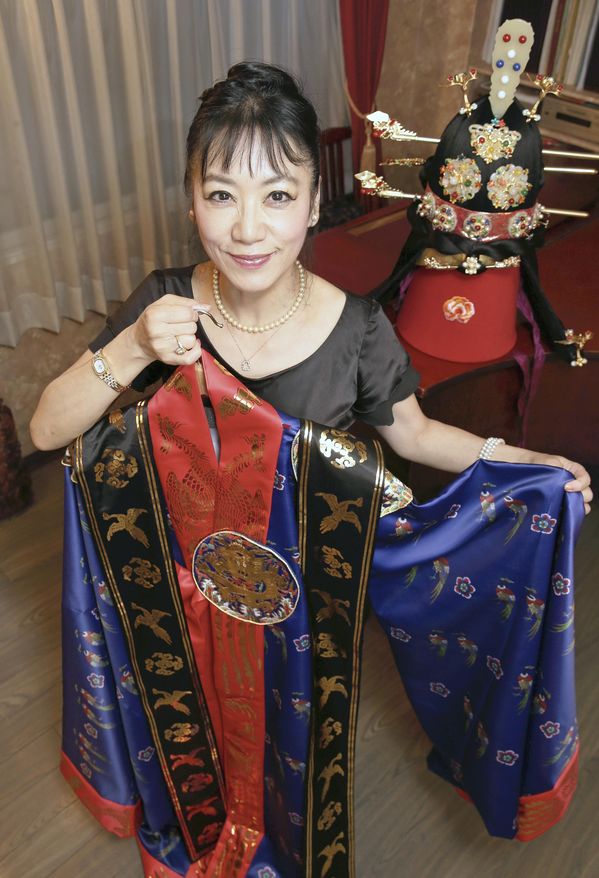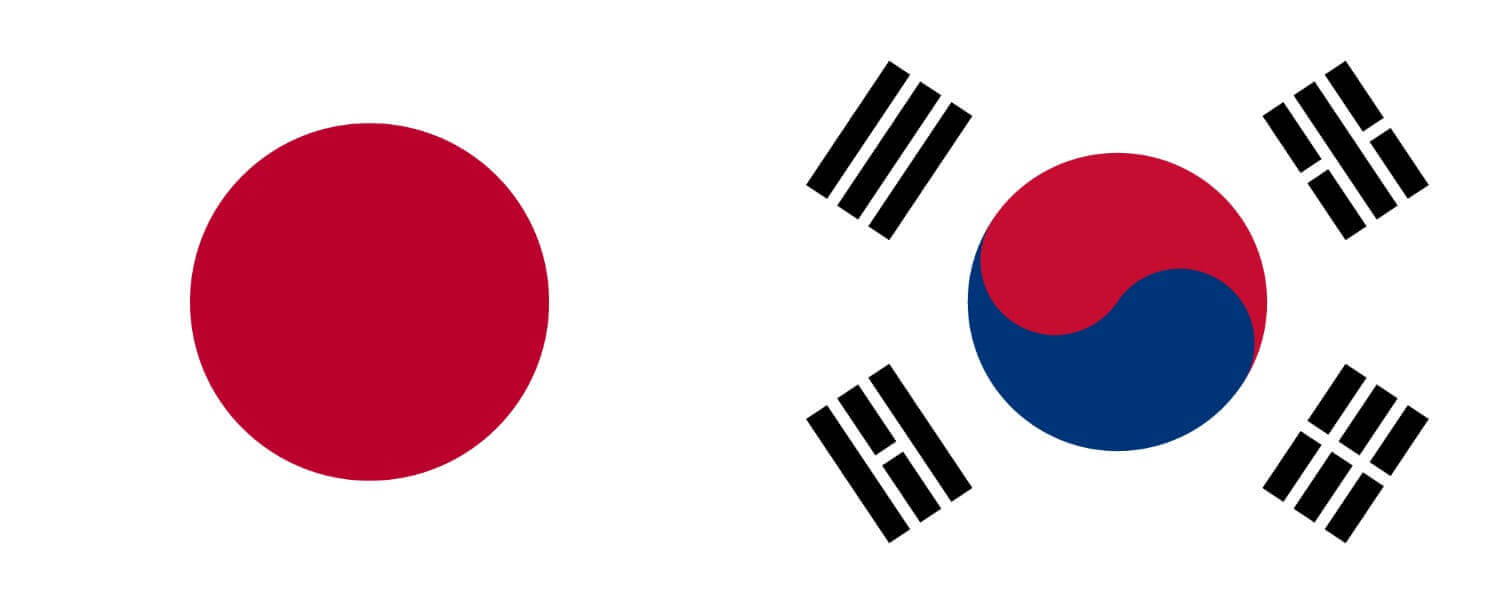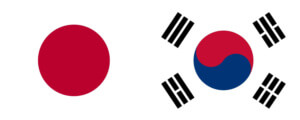This year marks the 50th anniversary of Japan and South Korea’s signing of the Treaty on Basic Relations between Japan and the Republic of Korea (Nikkan Kihon Jōyaku in Japanese and Hanil Ginbo Joyak in Korean). While Prime Minister of Japan Shinzo Abe met with South Korean Foreign Minister Yun Byung-se back in June, commemoration of the event has continued. The Japan News reports on Chon Wolson’s contribution to helping ease ties between the two nations by way of an opera: she is set to star in The Last Queen, which focuses on the life of Princess Masako. The opera opens with her reading a newspaper which reports on her engagement to Lee Eun, a prince of the Korean dynasty. Though the two had a relatively happy marriage, they faced difficulties, including the death of a child as well as losing their Japanese nationality after Japan’s loss at the end of World War II. Following her husband’s death, Masako became an advocate for the physically and mentally handicapped; this led to her being called the “Omoni (mother) of South Korea.”

Planning for the opera began roughly a decade ago, but Chon almost gave up due to troubles involving the production and funds. She was able to press on because she wanted to help instill harmony between her home countries of Japan and South Korea: “I’ve engaged in music with the hope of serving as a bridge between Japan and South Korea.” The production team itself has members who are Japanese, South Korean, and South Korean nationals living in Japan. With a mixed team, as well as a story of a mixed marriage, the harmony of the entire production seems to fit with Chon’s ultimate goal: “I want people to learn about Princess Masako, who desired harmony between the two countries, through this opera.”
This is not the only musical effort that has been made to help better the relationship between the two countries. As NHK World reported last week, guitarist Kaori Muraji and pianist Lee Kyung-mi held a concert in Seoul back in August with a similar goal. “We won’t be able to restore the friendship between the two countries on our own, but we would like to show what good friends we are and create a warm atmosphere for the audience,” said Lee to Muraji. While that may be the case, their concert was still one of optimism. After seeing the reception from the audience, Muraji said, “We’ve been able to hold this wonderful concert, so it must be possible for our countries to be on friendly terms.” Hopefully, both the opera and the concert are the beginning to a warmer relationship between Japan and South Korea. While their relationship may not be as difficult as it was in the past, the two nations still have much to work towards. If these projects are any indication, though, the citizens of both nations seem to be on board with making that relationship a harmonious one.

Featured Sponsor - JAST
The sweetest romance and the darkest corruption, the biggest titles and the indie darlings; for visual novels and eroge, there's nowhere better.
Big thank you to our supporters
From their continous support, we are able to pay our team for their time and hard work on the site.
We have a Thank-You page dedicated to those who help us continue the work that we’ve been doing.
See our thank you page




